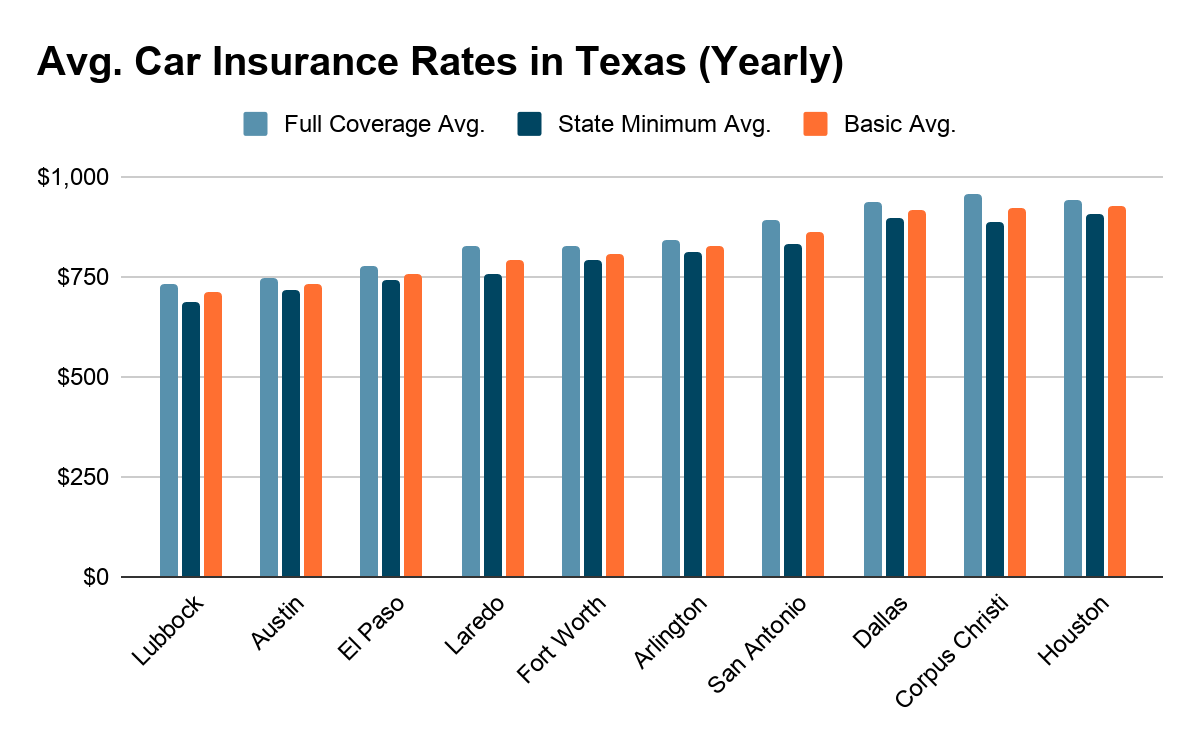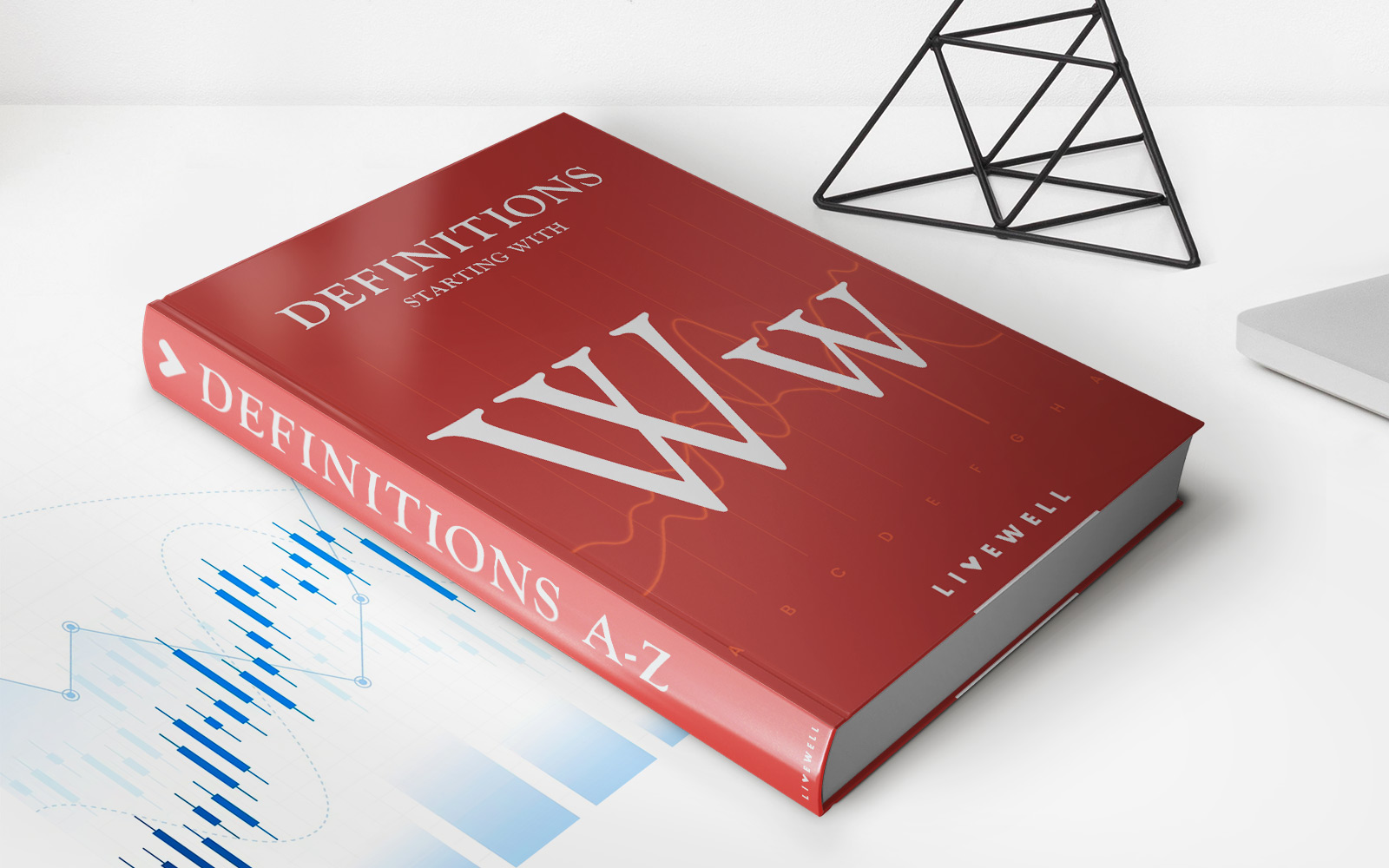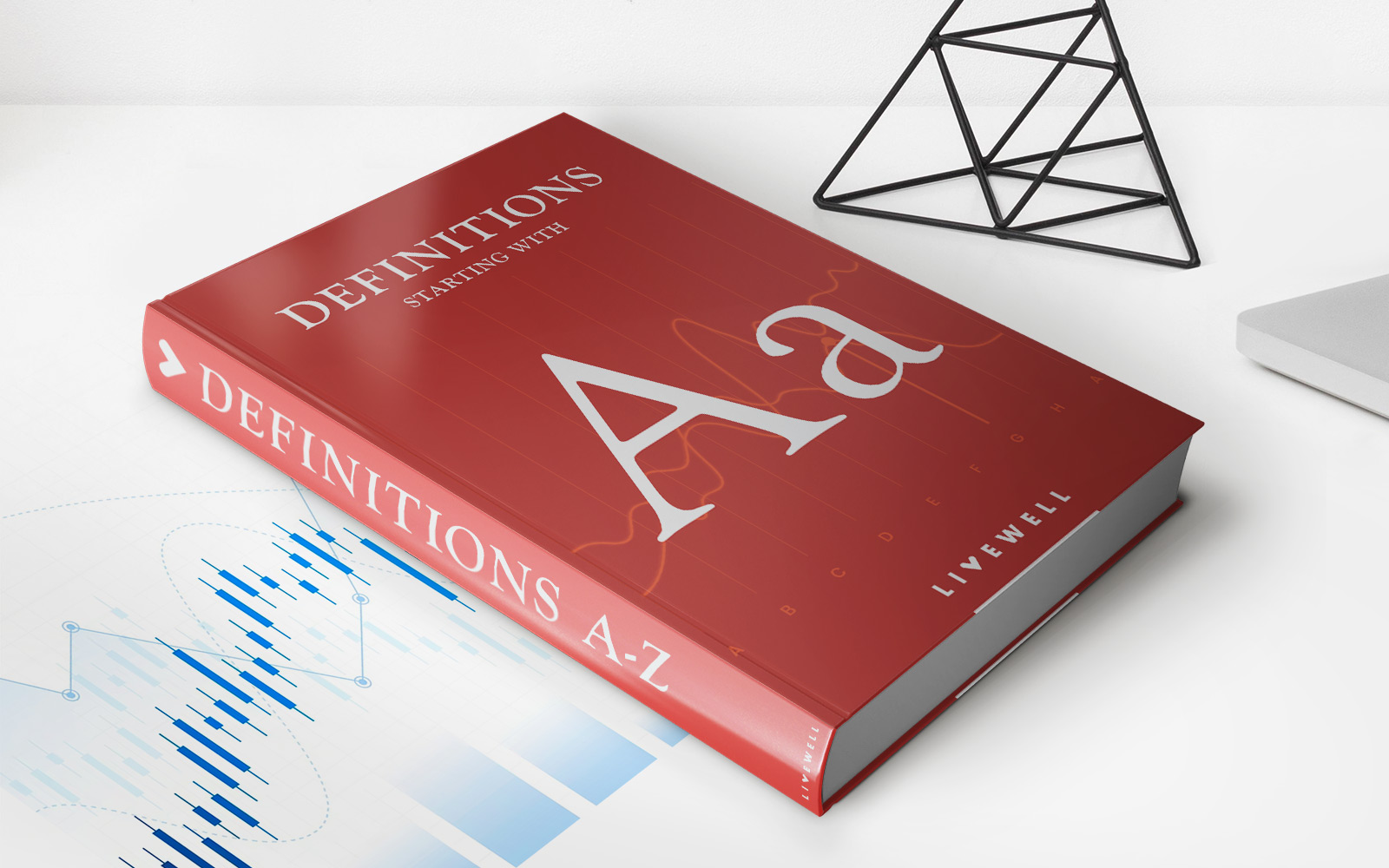

Finance
How Will Buying Auto Insurance Help You
Published: October 6, 2023
Find out how buying auto insurance can help you manage your finances and protect your assets. Get the coverage you need today.
(Many of the links in this article redirect to a specific reviewed product. Your purchase of these products through affiliate links helps to generate commission for LiveWell, at no extra cost. Learn more)
Table of Contents
Introduction
When it comes to owning a vehicle, it’s not just about the joy of driving; it’s also about taking responsibility for your safety and financial security. Auto insurance plays a crucial role in safeguarding you against accidents, damages, and potential liabilities on the road.
Auto insurance is a contract between you and an insurance company, where you pay a regular premium in exchange for coverage and protection in case of unforeseen events involving your vehicle. It provides a safety net that can help you manage the financial burden that may arise from accidents, theft, or damage to your car.
Understanding the benefits of buying auto insurance is essential for every vehicle owner. Whether you’re driving a brand-new car or a well-loved vehicle, having the right insurance policy in place can give you peace of mind and protect you from potential financial setbacks.
Let’s explore the various ways that buying auto insurance can help you:
Coverage for Accidents and Damages
One of the primary benefits of having auto insurance is the coverage it provides for accidents and damages. Whether you’re involved in a minor fender bender or a major collision, your insurance policy can help cover the cost of repairs and even medical expenses, depending on the coverage you select.
When an accident occurs, the insurance company will assess the damage and provide compensation based on the terms and conditions of your policy. This coverage can help you avoid paying out-of-pocket for costly repairs, which can be a significant financial relief, especially for major damages.
Moreover, in the unfortunate event that your vehicle is totaled and deemed a complete loss, your insurance policy may provide compensation for the value of your car. This can be particularly beneficial if you owe money on a car loan or lease, as it can help you settle any outstanding financial obligations.
Additionally, auto insurance can cover damages caused by factors beyond your control, such as theft, vandalism, fire, or natural disasters. These scenarios can be devastating, both emotionally and financially, but having comprehensive coverage can ease the burden by reimbursing you for the loss or damages incurred.
It’s important to note that the coverage provided by auto insurance differs depending on the type of policy you choose and the specific terms and conditions outlined in your contract. Therefore, it’s crucial to carefully review and understand your policy to ensure you have the right coverage for your needs.
Protection against Medical Expenses
Auto insurance not only provides coverage for your vehicle but also offers protection against medical expenses in the event of an accident. This is particularly important as medical costs can quickly accumulate and become a significant financial burden.
If you or your passengers sustain injuries in an accident, your auto insurance policy can help cover the medical expenses related to the injuries. This typically includes hospital bills, doctor’s fees, rehabilitation costs, and even lost wages if the injuries prevent you or your passengers from working.
Having insurance coverage for medical expenses can alleviate the stress of having to pay for costly treatments and rehabilitation out of your own pocket. This can provide a significant sense of security for you and your loved ones, knowing that you’ll have the financial support needed to focus on recovery without worrying about the expenses.
Furthermore, some auto insurance policies also offer additional benefits such as personal injury protection (PIP) or medical payments coverage (MedPay). These coverages provide broader protection and can include expenses such as ambulance fees, chiropractic care, and even funeral expenses in the unfortunate event of a fatality.
Keep in mind that the extent of coverage for medical expenses may vary depending on your policy and the limits you have selected. It is important to review your policy and understand the specifics to ensure you have adequate protection in case of an accident.
Coverage for Total Loss and Theft
One of the significant benefits of having auto insurance is the coverage it provides in the unfortunate event of a total loss or theft of your vehicle. Losing your car can be a stressful and financially burdensome experience, but having the right insurance policy can help alleviate some of the hardships.
If your vehicle is stolen, auto insurance can provide compensation based on the value of your car, helping you recover some or all of the financial loss. This coverage is particularly valuable as it allows you to replace your stolen vehicle without having to bear the full cost on your own.
In the case of a total loss, where the damage to your vehicle is so severe that repairs would be uneconomical, your insurance policy can provide compensation based on the market value of your car. This can be a lifesaver, especially if you still have outstanding loans or leases on your car, as it can help you settle your financial obligations without additional stress.
It’s important to note that the insurance payout for a total loss or theft is typically based on the actual cash value (ACV) of your vehicle, which takes into account factors such as the age, condition, and market value of the car at the time of the incident. It’s essential to review your policy to understand the specifics of how your insurer calculates the value, and consider options such as gap insurance if you owe more on your car than it is worth.
Having coverage for total loss and theft provides peace of mind and can protect you from significant financial setbacks. It ensures that you have the means to recover from these unfortunate events and get back on the road as soon as possible.
Legal Requirements and Financial Liability
Auto insurance is not just a beneficial choice; in many jurisdictions, it is a legal requirement for vehicle owners. The government sets these requirements to ensure that all drivers are financially responsible for any damages or injuries they may cause while operating a vehicle.
By purchasing auto insurance, you fulfill your legal obligation and protect yourself from potential legal consequences. If you’re ever involved in an accident where you are at fault, your insurance policy will cover the damages caused to the other party and their vehicle. This coverage, often referred to as bodily injury liability and property damage liability, can help mitigate the financial burden of legal fees, court costs, and potential settlements or judgments.
Without insurance, you could find yourself facing significant financial liabilities. Not only would you have to pay for the damages you caused, but you may also be responsible for the other party’s medical expenses, lost wages, and legal fees. This can result in severe financial strain and even bankruptcy.
Additionally, if you are found driving without insurance, you may face legal penalties, such as fines, license suspension, or even imprisonment, depending on the laws in your jurisdiction. It’s essential to comply with the legal requirements and maintain proper auto insurance coverage to protect yourself and others on the road.
By having auto insurance, you demonstrate financial responsibility and provide a safety net for yourself and other motorists. It ensures that you have the means to fulfill your legal obligations and protects you from the devastating financial consequences that can result from an accident.
Additional Benefits and Coverage Options
Auto insurance offers more than just coverage for accidents and damages. It also provides additional benefits and optional coverage options that can enhance your protection and cater to your specific needs.
One popular additional benefit is roadside assistance. This coverage can come to your rescue if you experience a breakdown, a flat tire, or run out of gas while on the road. Roadside assistance can provide services like towing, battery jump-starts, and emergency fuel delivery, ensuring you have help when you need it most.
Another valuable coverage option is rental car reimbursement. If your vehicle needs repairs after an accident, this coverage can provide compensation for a rental car, enabling you to continue your daily activities without disruption.
Some insurance policies also offer coverage for uninsured and underinsured motorists. This coverage protects you in the event of an accident where the at-fault driver either doesn’t have insurance or has insufficient coverage to compensate you for damages and injuries.
Additionally, auto insurance companies often provide access to a network of preferred repair shops or guaranteed repair programs. This can streamline the claims process and ensure that your vehicle is repaired by trusted professionals using quality parts.
It’s important to review your policy and consider these additional benefits and coverage options to tailor your insurance coverage to your specific needs. Consult with your insurance provider to understand the cost and benefits associated with each option, and choose those that provide the most value for your circumstances.
Remember, insurance needs can vary depending on factors such as your driving habits, geographic location, and budget. By exploring these additional benefits and coverage options, you can customize your auto insurance policy for the best possible protection.
Factors Affecting Auto Insurance Premiums
Auto insurance premiums are determined by various factors that assess the level of risk associated with insuring a particular vehicle and driver. Understanding these factors can help you better understand why your premiums may vary from other individuals and how you can potentially manage and reduce your insurance costs.
1. Driving Record: One of the most significant factors affecting auto insurance premiums is your driving record. Insurance companies assess your history of accidents, traffic violations, and claims to determine your risk level. Drivers with clean records and no history of accidents or violations typically receive lower premiums.
2. Vehicle Type and Age: The type and age of your vehicle can impact your insurance premiums. Generally, newer and pricier cars may have higher premiums due to the higher cost of repairs or replacement. Additionally, certain vehicles may be more prone to theft or have higher accident rates, influencing premium rates.
3. Age and Gender: Younger and inexperienced drivers often face higher premiums due to their higher likelihood of being involved in accidents. Gender can also be a determining factor, as statistics show that some age groups and genders may have higher accident rates.
4. Coverage and Deductible: The level of coverage you choose and the deductible amount can impact your premiums. Opting for higher coverage limits or a lower deductible will generally result in higher premiums, while selecting lower coverage or a higher deductible may lower your premiums but increase your out-of-pocket expenses in the event of a claim.
5. Location: Insurance companies consider your location when determining premiums. If you live in an area with a high population density, greater incidence of accidents or theft, or higher repair costs, your premiums may be higher compared to individuals in less risky locations.
6. Credit Score: In some jurisdictions, credit history plays a role in determining auto insurance premiums. Insurance companies may use credit information to assess the likelihood of filing claims and your overall financial stability. Maintaining a good credit score can help keep your premiums lower.
7. Annual Mileage: The number of miles you drive annually can also affect your premiums. Insurance companies consider the likelihood of accidents and the exposure to risk associated with higher mileage. Drivers who commute long distances may have higher premiums compared to those who drive less frequently.
It’s important to note that the impact of these factors can vary depending on the insurance company’s policies and underwriting guidelines. To find the best coverage and premiums, it’s recommended to seek quotes from multiple insurance providers and compare their offerings based on your specific circumstances and needs.
Conclusion
Auto insurance is not just a legal requirement; it is a crucial investment in your safety, financial security, and peace of mind. By understanding the benefits and coverage options that come with buying auto insurance, you can make informed decisions that best suit your needs and protect your interests on the road.
From covering accidents and damages to providing protection against medical expenses and compensating for total loss or theft, auto insurance serves as a safety net that can help you navigate unforeseen events and minimize the financial impact they may have on your life.
Furthermore, auto insurance ensures that you meet your legal obligations as a driver, protecting you from potential legal consequences and providing financial liability coverage in case of accidents where you are at fault.
Additionally, the availability of additional benefits and coverage options such as roadside assistance, rental car reimbursement, and coverage for uninsured or underinsured motorists allows you to tailor your insurance policy to meet your specific needs and provide extended protection.
Factors such as your driving record, vehicle type, age, location, and coverage options can influence your auto insurance premiums. By understanding these factors and working with your insurance provider, you can potentially manage and reduce your costs while maintaining adequate protection.
In conclusion, buying auto insurance is a responsible decision that not only safeguards you and your vehicle but also provides financial security for unexpected events. It is an investment in your well-being and peace of mind while navigating the open road. So, take the time to review your options, understand your coverage, and choose the policy that best suits your needs. Your safety, financial security, and peace of mind are worth it.














